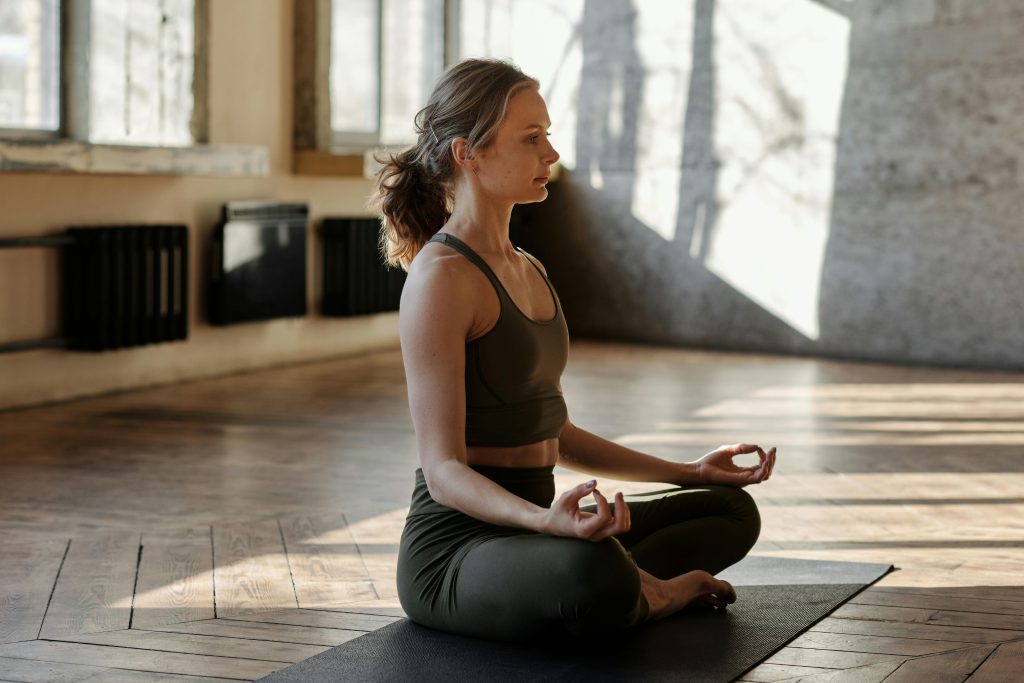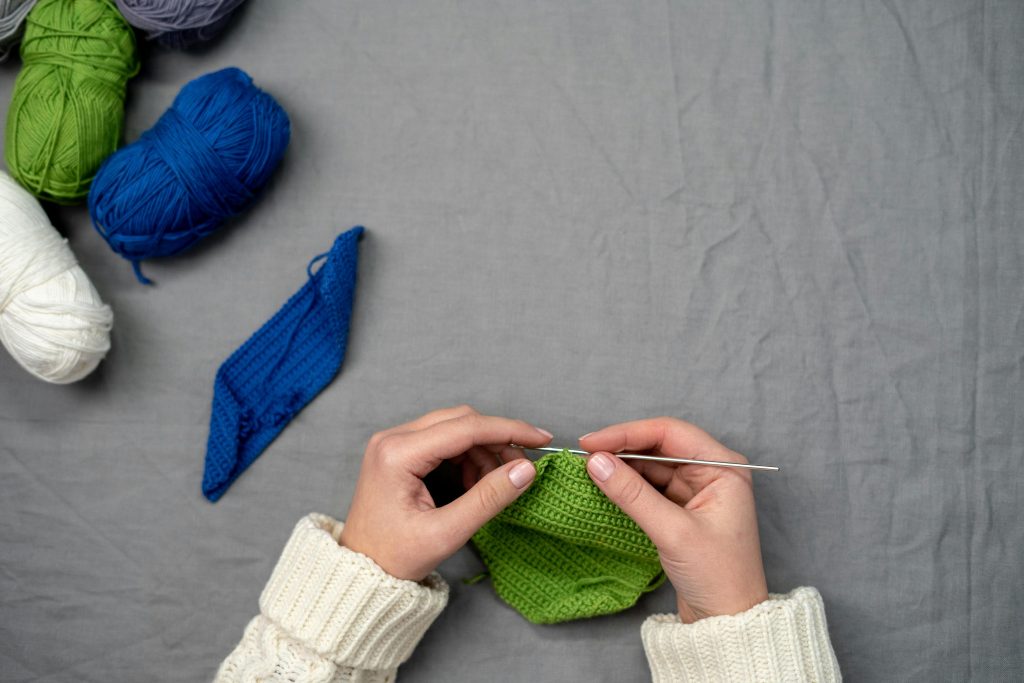There are a lot of things that buzz, ping, and demand our attention all the time. Tech can be useful, but spending too much time in front of a screen can make us feel tired, anxious, and detached. The good news? Something digital doesn’t have to make you feel better. Getting away from the computer and back into the real world can help sometimes.
Here are 12+ things you can do without Wi-Fi, apps, or notifications that will quickly make you feel better and give you more energy.
1. Take a walk in the woods.

Researchers have found that even 10 minutes of time spent in nature can lower stress hormones and improve happiness. You can calm down by going for a walk in the park, on a trail close to your house, or just going outside and feeling the sun on your face.
Put your phone away by leaving it at home or putting it on aeroplane mode. Pay attention to your breath, your steps, and the trees, birds, and breeze around you.
2. Move around your room and dance.
Yes, really. Play your favourite music (on a speaker or the radio) and move around like no one is looking. Dancing actually shakes off stress and releases endorphins. Plus, it’s free and fun and makes you feel better right away.
You don’t have to be good at dancing to move your body. Your whole mood can change in just five minutes.
3. Write in a Journal

Are you feeling too busy or emotionally jumbled? Take a notepad and write. Writing in a journal is an easy way to work through your feelings, get clear, and feel less anxious.
Use questions like these:
- “What was small today that made you smile?”
- “Right now, what do I need to let go of?”
- “If I didn’t care what other people thought, what would I do today?”
Don’t judge your thoughts as they come to you. It’s fine for just you to see it.
4. Clean up a small area
You don’t have to empty the whole house. Just clean out a drawer, put things in order on a shelf, or tidy up a box. Mental clutter is caused by physical clutter. Cleaning up even a small space can help you feel lighter, calmer, and more energised.
As you do it, play some music, light a candle, and enjoy the moment instead of seeing it as a job.
5. Do a yoga flow or stretch for 10 minutes.

Not a mat? Not a problem. Some planned stretches or a slow yoga flow can help ease the stress that comes from sitting, reading, or worrying. Pay attention to how your body feels and enjoy how centred you feel.
You only need to breathe and move slowly. You don’t need to be flexible or stick to a schedule.
6. Brew some tea or lemon water.

Making a drink that calms you down may seem like an easy task, but it can become a ritual. You have to slow down and be in the present moment when you boil water, pick herbs, and sip slowly.
For a cool boost, add fresh ginger, mint, honey, or lemon. Don’t do anything else while you’re drinking it.
7. Call or go see someone you care about

Not writing. Not a direct message. A real call or visit in person. Talking to a friend or family member can make you feel better and tell you that you’re not alone. You can hear their voice, laugh with them, or vent without typing.
This one simple step can give you a big boost if you’ve been feeling down lately.
8. Do a craft or hobby on your own.

When did you last make something by hand? You can calm your mind and get artistic by knitting, painting, colouring, baking, making pottery, or even arranging flowers.
Putting together something just because you want to, not because it has to be posted or is perfect, is fulfilling.
9. Take a Power Nap (Don’t Feel Bad About It)
Pause if you’re tired and don’t want to keep going. A 15–20-minute nap is great for your body and mind. It’s not being lazy; it’s healing.
Add a blanket and eye mask to make it even cosier. To get the most out of your nap, just stay away from screens before and after it.
10. Read a book or magazine in print

We scroll for hours on end, but how often do we stop and read? Bring a book of short stories, poems, or even an old magazine with you. Reading something that isn’t digital helps you concentrate, calms you down, and takes you to a different world.
Plus: reading a favorite book again makes you feel even better and calmer.
11. Go Outside and Do Nothing
Not a single thing. There is no goal, no work, and no plan. There are many places to sit, lie down, and lean against a tree. Take a break and think. Allow your nervous system to restart.
Being still is strong, and in this screen-filled world, it’s hard to find. It feels more normal and good for you the more you do this.
12. Write down your thoughts
To clear your mind, take a new sheet of paper and write down everything that’s on your mind, without any changes. worry, things you’re thankful for, things you need to do, and random thoughts. Getting rid of mental tabs can help you feel less stressed and focus better afterwards.
Do not clean it up. Help is the goal, not getting things in order.
13. Make a simple meal from scratch.
Cut, stir, taste, and enjoy the process. If you pay attention, cooking can be a form of meditation. Pick a meal you like or try something new, and then do nothing else while you cook it.
Make it a moment to take care of yourself. Set the table and light a candle. Use your favourite mug. Feel good about it.
14. Take care of a garden or plant
Taking care of living things, even if it’s just a houseplant or a whole yard, can be surprisingly relaxing. Watching things grow, watering them, and pruning them give you peace and happiness that a screen can’t give you.
You get extra points if you talk to your plants. (They are not going to judge.)
Final Thoughts: Your mind wants real-life experiences.
You don’t need a break for a week to feel better. If you keep up these small offline habits, you’ll start to feel like a real person again. Take a walk, stretch, or just be still for a moment. These screen-free habits will help your mind and body remember they’re safe, grounded, and living.
Start out small. Pick one of these things to do today. Pay attention to how you feel later.
Your mood is important. Your energy is important. And sometimes, unplugging is the best way to recharge.






